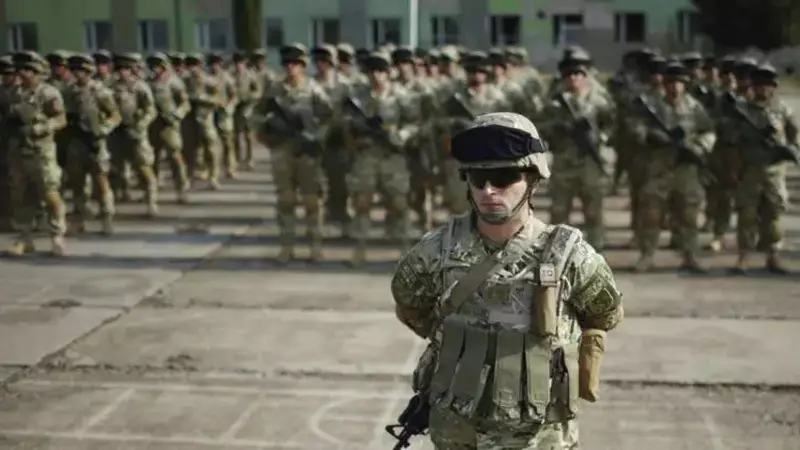
In a significant escalation of maritime anti-narcotics operations, United States Coast Guard forces have reported six additional fatalities during recent drug interdiction missions across the Caribbean Sea. The latest incident adds to a growing death toll in Washington's intensified campaign against maritime drug trafficking networks.
Deadly Encounter Near Puerto Rico
The most recent confrontation occurred approximately 30 miles south of Puerto Rico, where Coast Guard personnel encountered a suspect vessel allegedly involved in narcotics smuggling. According to official statements, the incident turned fatal when individuals aboard the smuggling craft reportedly brandished weapons and initiated hostile actions against US forces.
"During the attempted interdiction, the suspects demonstrated clear hostile intent, necessitating the use of force in self-defense," a Coast Guard spokesperson stated, confirming the deaths of six alleged smugglers in the exchange.
Escalating Caribbean Operations
This incident represents the latest in a series of increasingly assertive US operations throughout Caribbean waters. Intelligence-driven missions have intensified as drug trafficking organizations exploit maritime routes to transport narcotics from South America to North American and European markets.
The Caribbean has reemerged as a primary transit zone for cocaine and other illicit substances, prompting enhanced coordination between US agencies and regional partners. Advanced surveillance systems, including aerial reconnaissance and maritime patrol aircraft, have significantly improved detection capabilities for suspicious vessel movements.
Regional Impact and Response
Local authorities across the Caribbean have expressed mixed reactions to the heightened US presence in international waters. While many governments acknowledge the shared responsibility in combating drug trafficking, concerns have emerged regarding sovereignty and the use of lethal force during interdiction operations.
"We recognize the transnational nature of the narcotics threat, but all operations must respect international maritime law and prioritize de-escalation whenever possible," commented a senior official from a Caribbean nation who requested anonymity due to the sensitivity of the matter.
Pattern of Lethal Confrontations
Data analysis reveals a concerning trend of increased fatalities during drug interdiction missions over the past year. The six recent deaths bring the total number of alleged smugglers killed in such operations to a significant figure, raising questions about operational protocols and the evolving tactics of trafficking organizations.
Maritime security experts note that smuggling groups have become increasingly sophisticated, employing faster vessels, advanced communication systems, and sometimes armed escorts to protect their illicit cargo.
Legal and Ethical Considerations
The rising death toll has sparked debate among international law experts and human rights organizations. While nations maintain the right to intercept illegal activities in international waters, questions persist about proportionality of force and accountability mechanisms when fatalities occur.
"Every loss of life is tragic, and we must ensure that our procedures reflect both the seriousness of the drug threat and our commitment to international human rights standards," a State Department official remarked during a background briefing.
Future of Caribbean Security Cooperation
The escalating situation underscores the complex challenges facing regional security cooperation. As US and partner nations enhance their coordinated response, emphasis remains on developing comprehensive strategies that address both the supply and demand sides of the narcotics trade while minimizing loss of life.
Ongoing diplomatic efforts focus on strengthening information sharing, improving regional law enforcement capabilities, and exploring alternative approaches to the decades-long war on drugs that has increasingly played out in Caribbean waters.





